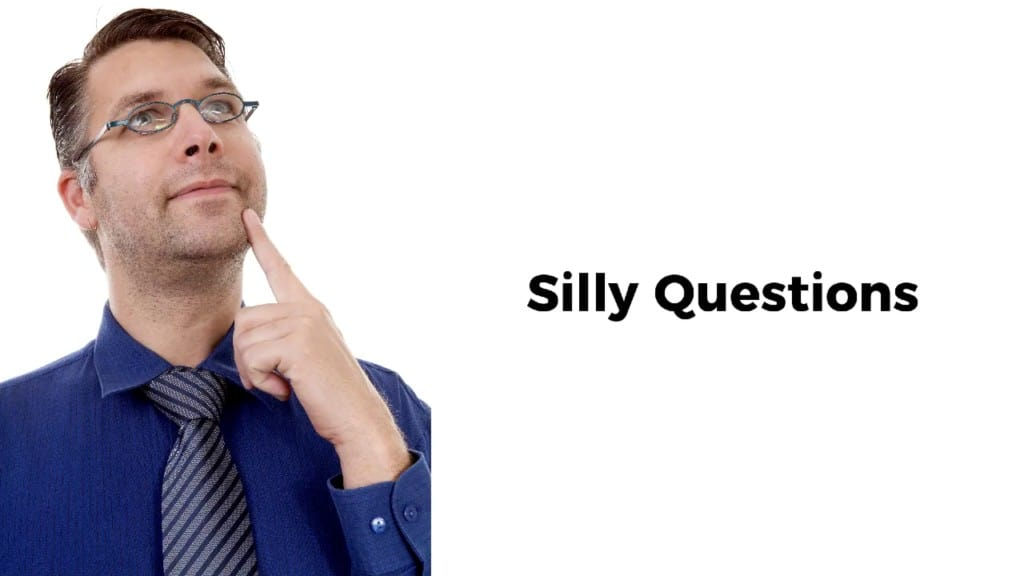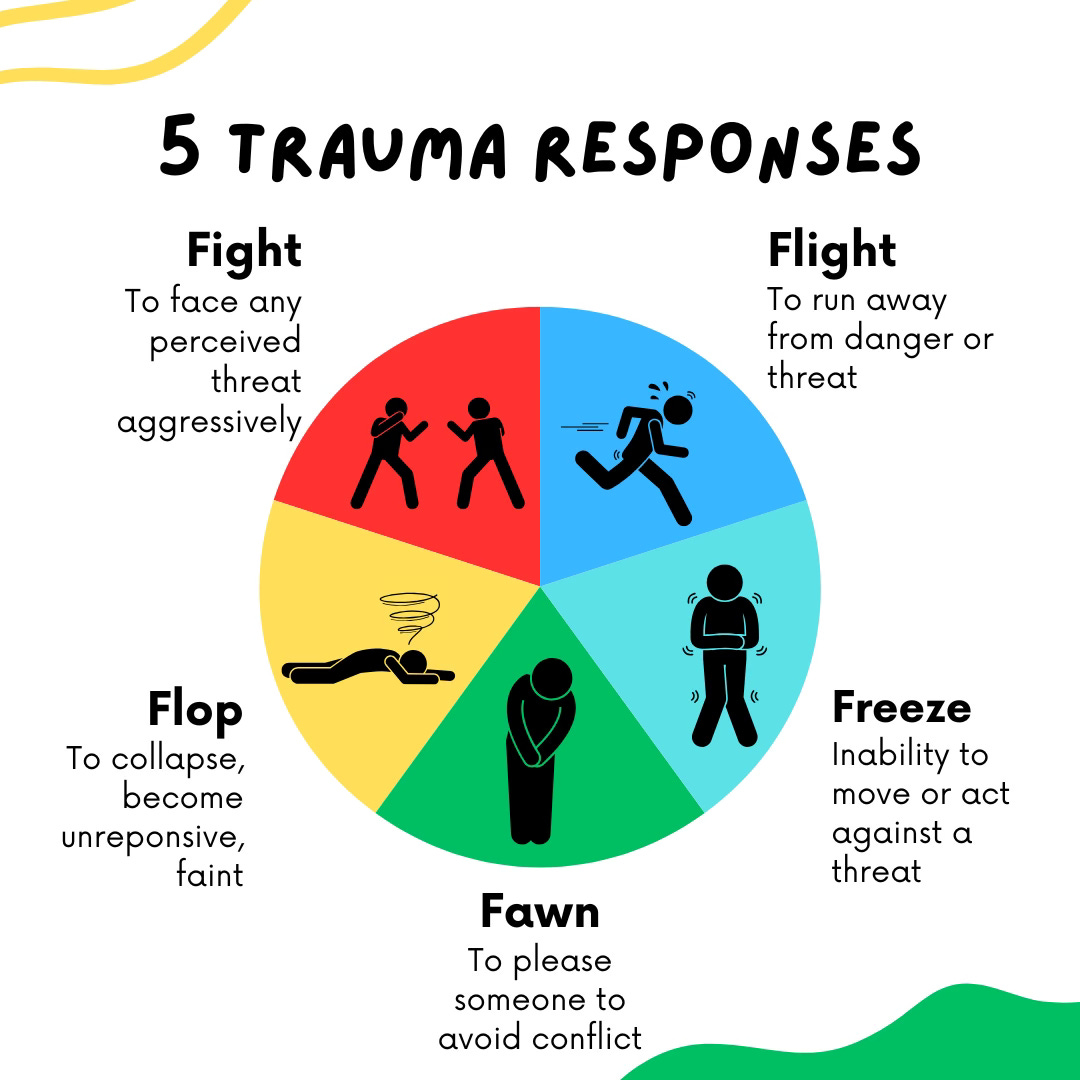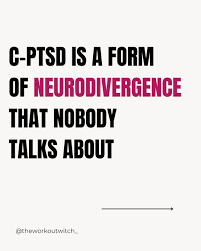Why Traditional Interviews Fail Great Candidates — And What Needs to Change

By Rose Byass
Recruitment should be about finding the most capable and values-aligned people for the role. Yet in many organisations, hiring practices are designed not to identify the best professionals — but the best performers in interviews. This narrow and outdated approach increasingly fails to recognise qualities that matter most in modern workplaces: resilience, emotional intelligence, ethics, leadership, strategic thinking, and lived experience. The traditional interview often becomes a test of confidence, timing, presentation, charisma, and the ability to quickly think under artificial pressure — rather than competence, expertise, or alignment with the organisation’s mission. This approach is deeply flawed, particularly in roles that require judgment, compassion, integrity, and strategic leadership. Today, organisations face a critical truth:
If you want to hire exceptional people, you must stop designing interviews that set exceptional people up to fail.
The Illusion of Fairness in Traditional Recruitment
Many organisations believe their recruitment processes are fair because they ask all candidates the same questions, at the same time, in the same format. But equality is not the same as equity. True fairness means providing candidates with environments where they can demonstrate their strengths — not environments where only confident or neurotypical candidates thrive. Traditional interviews often fail to account for:
- Time zone differences
- Illness or fatigue
- Neurodiversity (e.g. ADHD, autism)
- PTSD or anxiety responses
- Contextual information (lack of internal knowledge)
- Bias from interviewers
- The artificial nature of panel questioning
The reality?
Many interviews are not measuring capability — they are simply measuring comfort.
When the Interview Sets Up the Candidate to Fail: A Real Example
A personal experience shows how flawed systems fail good candidates: I applied for a senior role with a government department. While I was overseas, they emailed me to arrange an interview. I politely advised that I was in the UK for 10 more days but could attempt a Skype call if needed. They scheduled the interview at 6:00 AM UK time (2:00 PM Perth time). That meant a 5:00 AM wake-up, preparation in a foreign environment, and presenting on camera — while I was seriously ill with a chest infection and had lost my voice completely. I logged in. I immediately told the panel I was very unwell, had not slept due to coughing, and would likely struggle to speak clearly. There was no acknowledgment, no empathy, and no offer to reschedule. I was then asked a series of structured interview questions — all topics I am deeply experienced in — yet I struggled to articulate my competence because my cognitive clarity, physical condition, and vocal ability were severely impaired. I did not fail that interview.
The interview failed me. No assessment, however structured, can be considered valid if it does not allow candidates a fair opportunity to demonstrate their capability.
Loaded and Unrealistic Questions: When Recruiters Ask the Wrong Things
Another major flaw lies in the question design. Many interviews ask theoretical or hypothetical questions that do not reflect real workplace decision-making. For example, I was asked in one interview:
“What would you do in your first three months in this role?”
This is a loaded and unrealistic question. It assumes that any meaningful action can be predicted without internal context, cultural understanding, policy insight, or strategic direction from the leadership team. The better question would be:
“How do you approach your first 90 days when entering a new leadership role?”
This version allows a candidate to speak to process, not predictions — focusing on leadership, engagement, learning, risk assessment, and relationship-building. Poorly designed questions don’t test competence.
They test guessing.
Another couple silly questions that just create unnecessary obstacles to productive conversations are questions like these:
1. What animal do you most identify with?....
2. What was your last book you read?
3. Do you want this job?.... "Umm, I am here being interviewed!!"

Why Many Skilled Professionals Perform Poorly in Interviews — The Neuroscience Behind It
It is a misconception that highly skilled leaders should naturally perform well in structured interviews. In fact, neuroscience tells us something very different.
The Brain’s Threat Detection System
When under pressure — especially in a situation where one feels judged, evaluated, or potentially rejected — the brain’s amygdala detects threat. This may trigger:
- Fight
- Flight
- Freeze
- Fawn
- Flop

This is not a conscious choice. It is biology. In these states, the prefrontal cortex — responsible for speech, memory recall, logic, and strategic thinking — shuts down, making it extremely difficult to think quickly, articulate clearly, or retrieve relevant examples.So in interviews, especially panel settings, many highly capable candidates experience:
🛑 Memory blocks
🛑 Hesitation and word loss
🛑 Racing thoughts
🛑 Emotional shutdown. This is not incompetence — it is a nervous system in threat mode.
When Trauma Impacts Interview Performance
People with trauma backgrounds — including survivors of domestic violence, bullying, workplace harassment, or controlling relationships — may experience heightened stress responses in interview environments.Many have been:
- Silenced
- Criticised when speaking
- Gaslit ("You don’t know what you’re saying")
- Punished for expressing confidence
- Discouraged from discussing their achievements
Over time, this conditions them to avoid self-promotion or speaking about themselves, particularly under perceived judgment.So when an interviewer asks:
“Why should we hire you?”
“What are your strengths?”
“Tell us about a time you demonstrated leadership…”
Their brain may freeze.Not because they don’t have answers —
but because they’ve spent years trained not to speak about their worth.Ironically, these candidates often possess the exact qualities most organisations are desperate for:
✔ Resilience
✔ Emotional intelligence
✔ Compassion
✔ Integrity
✔ Problem-solving through lived experienceYet, traditional interviews systematically silence them.
The Disability Disclosure Dilemma — Inclusion on Paper, Exclusion in Practice
Most job applications include a question such as:
“Do you require adjustments or support for your interview?”
In theory, this supports inclusion.
In reality, it often discourages disclosure — especially for invisible disabilities like PTSD, anxiety disorders, neurodivergence, or trauma-related cognitive impairments.A candidate who ticks “yes” may fear:
🚫 Being labelled
🚫 Being viewed as “unstable” or “a risk”
🚫 Being silently rejected before interviewLet’s be realistic:
Would a trauma survivor feel comfortable disclosing, “I have PTSD from domestic violence. I may freeze under pressure when speaking about myself.”Many would never tick that box — because emotional and psychological disabilities are still widely misunderstood.Even worse — if they disclose after an interview that their performance was impaired by trauma or nervous system dysregulation — an emotionally unintelligent recruiter may assume they are unsuitable for leadership.This is not inclusion.
This is systemic exclusion.

Recruitment Should Not Be a Performance Test — It Should Be a Capability Discovery
If organisations continue to use outdated recruitment formats, they will continue to hire:⚠️ The most confident speaker, not the most competent performer
⚠️ The quickest talker, not the most strategic thinker
⚠️ The best rehearsed, not the most emotionally intelligent
⚠️ The best at interviews, not the best at the actual jobThis is especially dangerous in roles involving:
- Governance
- Leadership
- Risk management
- People management
- Care, wellbeing, or safety
These roles require depth, reflection, emotional intelligence, ethics, and empathy — qualities not always revealed in a 45-minute interview.
What Needs to Change — Now
🔹 1. Offer Interview Format Options
Not everyone performs best in panel or video interviews. Allow:
✔ Conversation-based interviews
✔ Case study or task-based assessments
✔ Scenario role-play or collaborative problem-solving
✔ Submission of written or video responses
🔹 2. Redesign Interview Questions
Replace hypothetical or vague questions with those that reveal process, reflection, and insight.OUTDATED:
❌ “What would you do in your first three months?”
❌ “What makes you better than other candidates?”
❌ “Why should we pick you?”BETTER:
🔹 “How do you approach your first 90 days entering a new leadership role?”
🔹 “Tell us about a time your influence helped change culture or performance.”
🔹 “How do you build trust and relationships when you’re new in a role?”
🔹 3. Train Hiring Managers in Emotional Intelligence and Neuroscience
Every recruiter and panel member must understand:
🧠 How trauma affects communication
🧠 Why freezing is not incompetence
🧠 Why pauses = processing, not weakness
🧠 How to recognise thoughtful depth over quick responses
🔹 4. Replace “one shot” interviews with multi-step evaluations
No senior professional should be judged on one 45-minute interview.Use:
✔ Work sample tests
✔ Behavioral conversations
✔ Cultural alignment discussions
✔ Vision and values-based sessions
🔹 5. Stop penalising reflective, introverted, or psychologically diverse thinkers
Depth is often quiet.
Wisdom is often measured, not loud.
Emotional maturity does not always appear confident.
Final Thought: Good Candidates Don't Fail Interviews — Interviews Fail Good Candidates
Organisations must choose:
Do you want to hire great interviewers — or great professionals?Companies that want innovation, integrity, emotional intelligence, and meaningful leadership must evolve beyond performance-based interviewing.Because the people who:
✨ Think before they speak
✨ Feel deeply and lead respectfully
✨ Protect others because they know harm
✨ Bring ethics, authenticity, and humility—may not always shine in an interview.
But they often shine where it matters — in the work itself.